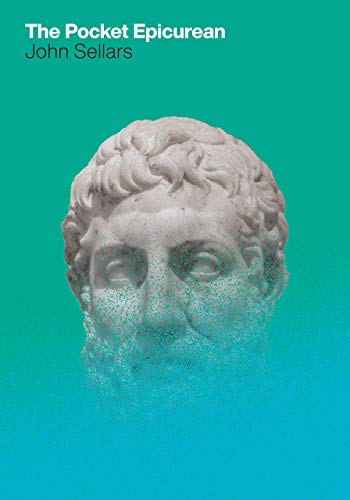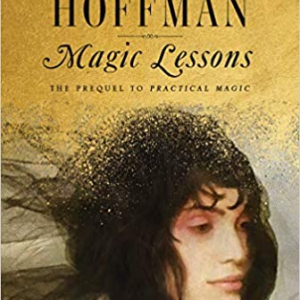The Pocket Epicurean Hardcover – February 25, 2022 by John Sellars
HARDCOVER
[64 pages]
PUB: February 25, 2022
Description
Author: Sellars John
Edition: First
Package Dimensions: 0x152x788
Number Of Pages: 64
Release Date: 25-02-2022
Details: Product Description
A short, smart guide to living the good life through the teachings of Epicurus.
As long as there has been human life, we’ve searched for what it means to be happy. More than two thousand years ago, the Greek philosopher Epicurus came to his own conclusion: all we really want in life is pleasure. Though today we tend to associate the word “Epicurean” with indulgence in the form of food and wine, the philosophy of Epicurus was about a life well lived even in the hardest of times. As John Sellars shows in this concise, approachable guide, the ideal life envisioned by Epicurus and his followers was a life much more concerned with mental pleasures and the avoidance of pain. Their goal, in short, was a life of tranquility or contentment.
In
The Pocket Epicurean Sellars walks us through the history of Epicureanism, starting with the private garden on the edge of ancient Athens where Epicurus and his students lived in the fourth century BC, and where women were as welcome as men. Sellars then moves on to ancient Rome, where Epicurean influence flourished thanks to the poet Lucretius and his cohort. Throughout the book, Sellars draws on the ideas of Epicurus to offer a constructive way of thinking about the pleasures of friendship and our place in the world.
Review
“Lucid and scholarly.”
―
Independent, on the UK Edition
“Sellars expertly expounds Epicurean ideas. . . . and he knows the Greek and Latin Epicurean texts thoroughly.”
―
Guardian, on the UK Edition
“Not only an excellent introduction to the history of Epicurean philosophy, but also a helpful guide to facing the manifold anxieties of modern life.”
―
The Idler, on the UK edition
“In this brief and eloquent book, Sellars takes us through the basic arguments of Epicureanism with wonderful clarity, distilling the essence of an ancient philosophy that speaks with increasing urgency to our troubled times. It is an exemplary guide, and I recommend it enthusiastically to readers of all ages and all walks of life.”
— David Konstan, New York University
About the Author
John Sellars is a reader in philosophy at Royal Holloway, University of London, a visiting research fellow at King’s College London, and a member of Wolfson College, Oxford. He is the author of
The Art of Living: The Stoics on the Nature and Function of Philosophy
, Stoicism
, Hellenistic Philosophy,
Marcus Aurelius and
The Pocket Stoic, the last also published by the University of Chicago Press.
Excerpt. © Reprinted by permission. All rights reserved.
‘Empty are the words of the philosopher who offers therapy for no human suffering.’ So said the philosopher Epicurus, who was born and brought up on the Greek island of Samos towards the middle of the fourth century BC. He first became interested in philosophy as a teenager when, so the story goes, he was disappointed by his schoolteacher’s inability to explain the central themes in Hesiod’s poetry. His parents were originally from Athens and so
Epicurus inherited their citizenship. When he turned eighteen, Epicurus travelled to his family’s native city, perhaps to complete the military service required of Athenian citizens. Around the time that he was due to return home, his family, along with other Athenian settlers, were expelled from Samos, and Epicurus found himself wandering from place to place for a few years. For a while he lived in Mytilene, on the island of Lesbos, where he started to teach philosophy and met his lifelong friend Hermarchus. The locals did not take kindly to his Athenian manner of public philosophizing, so Epicurus, Hermarchus, and perhaps a few others moved on to Lampsacus on the mainland of Asia Minor, in the general vicinity of ancient Troy. There, over a number of years, Epicurus built up a school of loyal followers, although this time they kept themselves to themselves, having learned from the experience in Mytilene. Eventually this community of k
Be the first to review “The Pocket Epicurean Hardcover – February 25, 2022 by John Sellars”
You must be <a href="https://www.webdelico.com/my-account/">logged in</a> to post a review.




























There are no reviews yet.